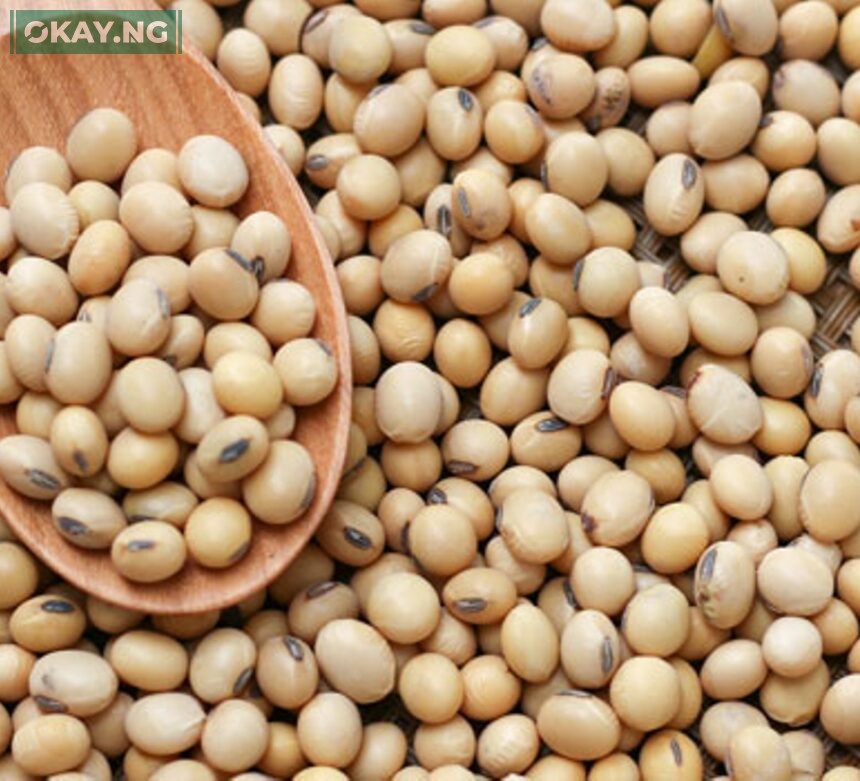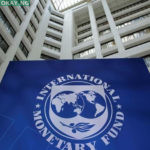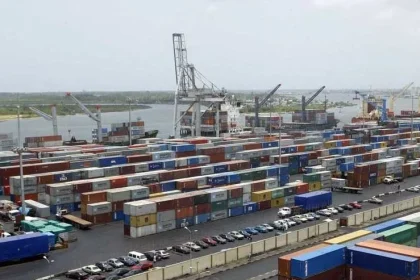Are you interested in the latest soya bean prices in Nigeria? Look no further! This comprehensive guide provides in-depth insights into the current market trends, regional variations, and factors influencing the cost of this essential legume as of April 2024.
Current Soya Bean Prices in Nigeria
As of April 6, 2024, the average price per kilogram of soya beans in key northern states like Kano and Kaduna stands at ₦550. These regions, known for their conducive climatic conditions and soil quality, are major producers of soya beans in Nigeria.
National Price Trends
| Description | Price (Naira) |
|---|---|
| Average National Price (100kg bag) | ₦60,000 |
| Wholesale Price (Per KG) | ₦600 |
| Retail Price (Per KG) | ₦680 |
| Wholesale Price (Per Ton) | ₦600,000 |
| Retail Price (Per Ton) | ₦680,000 |
Regional Variations in Soya Bean Prices
While the northern states like Kano and Kaduna are currently reporting prices around ₦550 per kg, prices can vary across different regions of Nigeria. States like Benue, Niger, and other major soya bean-producing areas may experience fluctuations due to local supply and demand factors.
Factors Influencing Soya Bean Price Fluctuations
The price of soya beans in Nigeria is influenced by several key factors:
- Supply and Demand Dynamics: The balance between production levels and market demand plays a crucial role in determining soya bean prices.
- Seasonal Production Changes: Variations in seasonal harvests can impact the overall supply of soya beans, leading to price fluctuations.
- Market Speculation: Speculation by traders and investors can contribute to price volatility in the soya bean market.
- Economic Conditions: Broader economic factors, such as inflation, exchange rates, and market uncertainties, can affect the pricing of agricultural commodities like soya beans.
Impact on Producers and Consumers
The increasing soya bean prices in Nigeria have significant implications for both producers and consumers:
- Producers: Higher prices may lead to improved profitability for soya bean farmers, but also increased input costs, affecting overall margins.
- Consumers: Rising soya bean prices can contribute to higher costs for food products that rely on soya beans as a primary ingredient, potentially impacting household budgets and food security.
Stay informed about the dynamic soya bean market in Nigeria by monitoring trusted sources and industry reports. Timely information can help stakeholders make informed decisions regarding production, trading, and consumption of this vital agricultural commodity.












